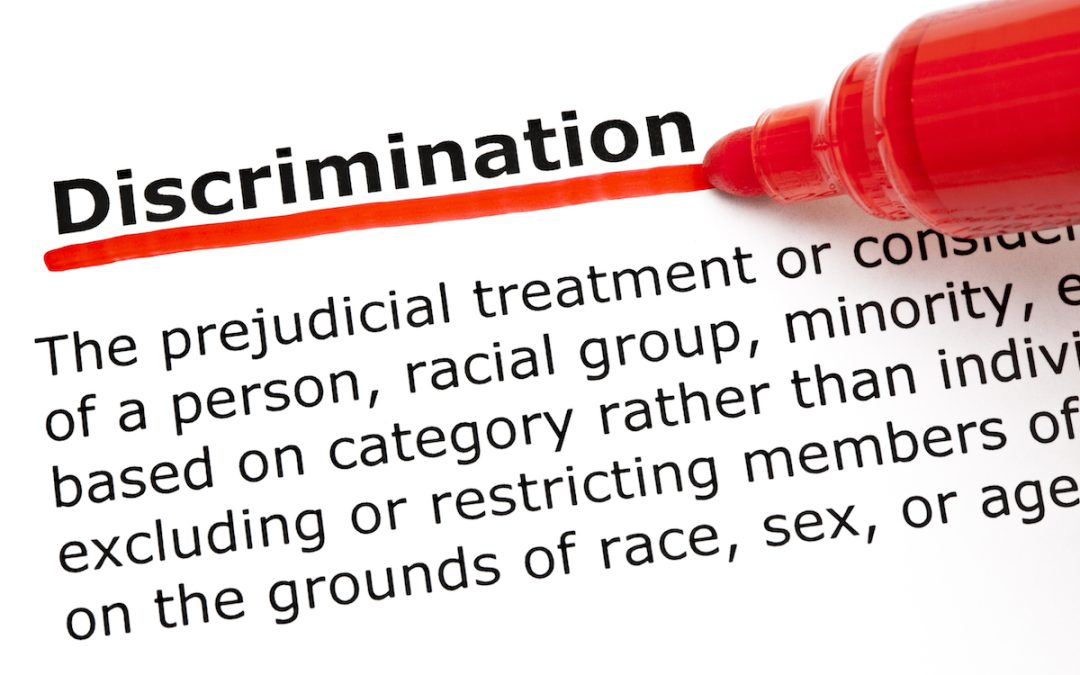Employers need to be able to demonstrate that decisions on recruitment have been made fairly, based on criteria which have been applied to all applicants. Allowing subjectivity to creep in risks any decision taken being challenged as discriminatory. This happened in the recent case of James & Saine v London & Quadrant Housing Trust. The Respondent advertised three vacancies for leadership positions. There were six internal candidates, three were white and three were black (and/or black/white mixed). The Respondent appointed two white candidates. The two claimants (who were both black) were not appointed. The Respondent decided to re-advertise the third vacancy externally despite having found that that the Claimants were not ‘not appointable’ to it. The Claimants claimed that the decision not to appoint them was direct race discrimination. The tribunal agreed. The Respondent based its decision on who to appoint on a subjective view of who would ‘fit in’, rather than objectively considering qualifications and suitability for the job. The tribunal stated, “basing recruitment decisions on subjective views, or gut feelings, increases the risk of stereotypes and unconscious bias coming into play”.
The oversight was a costly one for the Respondent, who ended up paying out £95,000 in compensation to the two claimants.
This case reminds HR teams that recruitment processes must be free from discrimination and minimise the risk of unconscious bias. Recruitment and interview processes should be reviewed to make sure that they stand up to scrutiny and are based on an objective assessment of suitability.
Find out how we can help. Contact our Employment Law team on 01803 213251 today, without obligation.



